February 8, 2022
A faith-based design lab teaches churches how to help their communities flourish

With the help of The Impact Guild design lab, a church in San Antonio is able to dream big and start small as it leverages little-used assets for the neighborhood.
When Jess Lowry was hired eight years ago as family minister at Sunset Ridge Church of Christ in San Antonio, Texas, she faced some of the problems that arise in longtime congregations.
Although its historic stone chapel and the giant oak tree on the grounds were beautiful, the congregation’s buildings were underutilized and badly in need of updates. Despite “little programmatic sparks” that occasionally boosted attendance, the congregation was burned out and disconnected from its local community, Lowry said.
“The neighborhood is very active, with many dogs and walkers, and it’s a place where you get a strong sense of community and belonging,” she said. Young people were moving into several apartment buildings next door.
The problem? The church’s congregation of around 150 was insular, and none of the members lived in the area or knew the neighbors.
Where is God already at work in your neighborhood?
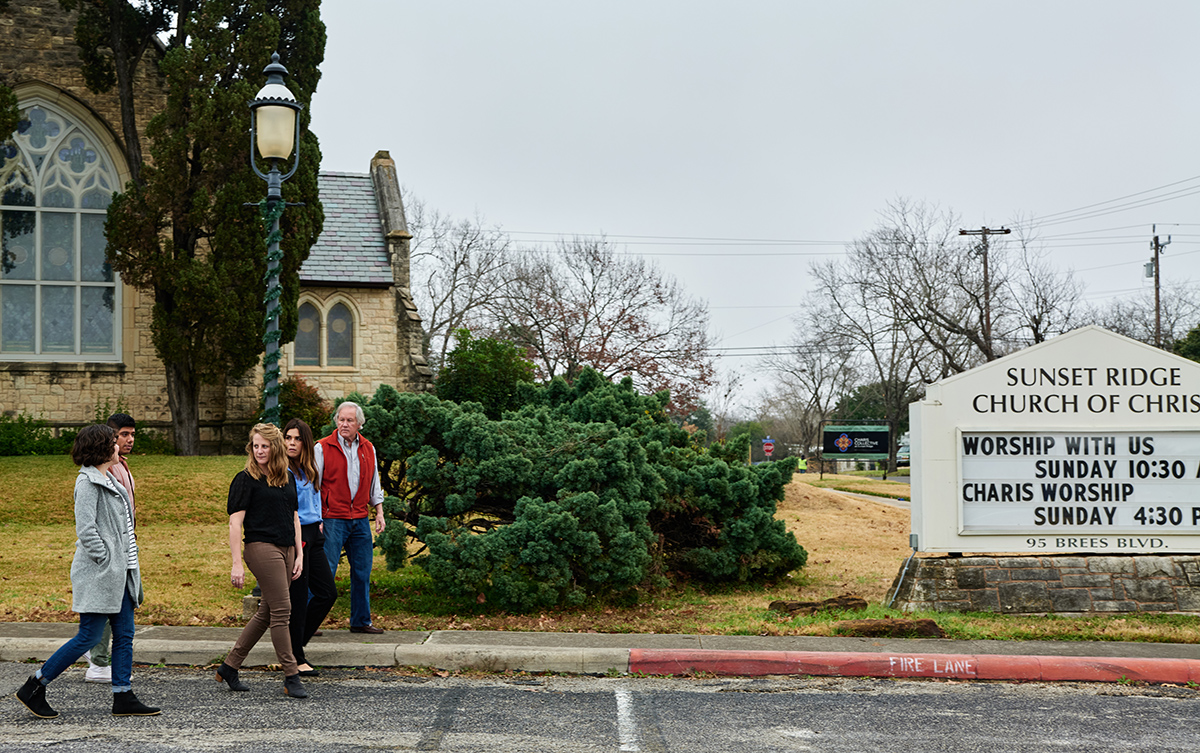
As Lowry and her team struggled with these issues, they also began to think about the untapped potential of their physical space. They could imagine all kinds of wonderful things: a park, a co-working space, a renovated wedding chapel. But they needed help to realize this vision.
Lowry found a partner in The Impact Guild, a mission-minded team that calls itself “a design lab for good.” Founder Sarah Woolsey and community development director Aaron Villarreal had spent years building their own social enterprise, a co-working space.
Now they were ready to help others — starting with Sunset Ridge — transform underused assets, engage with their neighbors and re-energize the church community.
“How do we bring people along on this journey and really help them see what it means to love your neighbor and your city and your geographic neighborhood?” Villarreal said. “We’re inviting people to that conversation.”
A new investment in the neighborhood
In 2015, Woolsey was employed at a design agency in San Antonio. She also was a member of The Park Community Church, with a strong interest in community building, and she felt called to integrate these parts of her life.
Through her job, she traveled to London to take part in a training with Shannon Hopkins of RootedGood, whose work focuses on the intersection of faith, social enterprise and local communities.
“It blew open my imagination for what this intersection could be of faith and entrepreneurship — and I wouldn’t have said it then yet, but also the activation of property,” Woolsey said.
She defines “activation” of property as its adding value to the community — for instance, as a hub for connection or economic opportunity or culture through food and art.
Does your organization’s property add value to your community?
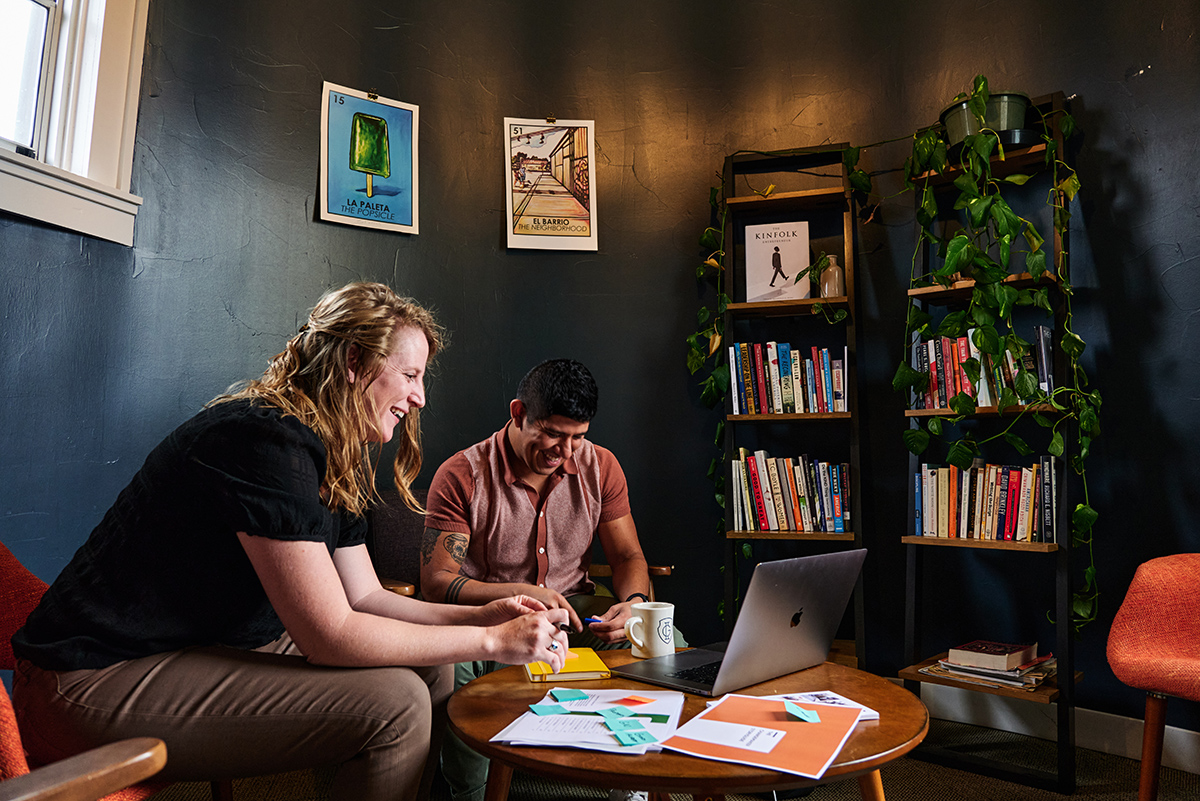
She returned to England a second time to work with Hopkins again, this time to explore launching her own social enterprise.
“I was in a beautiful manor in the English countryside in Devon, working with a community of people asking the same questions,” Woolsey said. Then, in what she calls a divine moment, an unexpected message arrived.
It was an email from the leadership of her church. They were offering her a building to bring her vision to life.
Congregants Darrell and Jodi Kirksey had purchased a commercial property in Beacon Hill, where The Park Community Church focused its efforts. The Kirkseys needed the rear warehouse for their business, Allied Hand Dryer. But they didn’t need the quirky, historic 6,000-square-foot building at the front of the property and offered The Park a decadelong lease for $1 per year.
The church needed office space, and they also wanted to see the property used for the community.
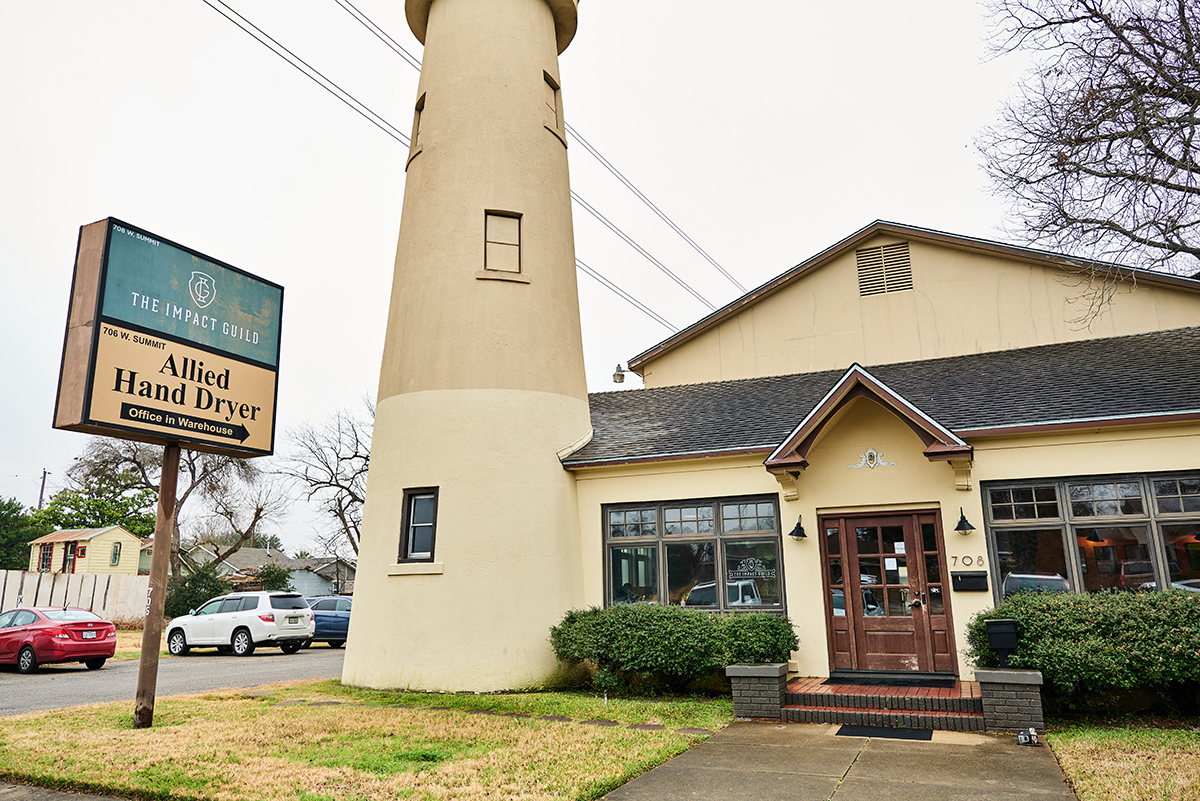
“The Park had been looking to engage the city of San Antonio in new and entrepreneurial ways, and Sarah had recently been developing her expertise in leading new social enterprises,” said Chris Nikkel, a co-founder and pastor of The Park and a founding board member of The Impact Guild.
Woolsey jumped at the chance. The commercial building was constructed in 1922 alongside railroad tracks, with a three-story lighthouse — a beacon — built into one corner. There were also other unique historic features, like a metal vault door.
But before the building could become operational, it needed a $400,000 overhaul. The Park footed the bill through existing resources and a capital campaign. Woolsey kept her day job but started working part time on the build-out. The Park saw this as an important upfront investment and paid her a stipend for the work, she said.
The space opened in 2017. The round room at the bottom of the lighthouse was furnished with cozy chairs and shelves of books, and the vault door was kept as the entrance to an intimate meeting room. Restored wood and brick give it a living-room feel.
The space was not branded as a Christian enterprise, and Nikkel describes The Park as a “silent investor,” since part of its mission is “to be a light in the city of San Antonio” and provide a space for collaboration on citywide initiatives.
In what ways is your church a “silent investor” in local initiatives?
The partnership was structured so that as The Impact Guild’s revenue grew through donations, coworking memberships and event bookings, it would help offset operating costs on a sliding scale. This model worked from 2017 to 2020, but revenue took a hit during the pandemic.
“In conversation with The Park, they were willing to go back to us contributing basically nothing for a while, and that’s what allowed us to make it through the first two years of the pandemic,” Woolsey said.
The parish model
Woolsey also found support in Villarreal, who now serves as The Impact Guild’s director of community development. Villarreal had grown up nearby. After six years in Lubbock, he moved back and saw how the Midtown San Antonio area — once predominantly Mexican neighborhoods — was in the throes of gentrification.
“Increasing development has brought house flippers, above-market-rate condos, expensive boutiques, and has displaced people who lived in this area for decades,” he said.
He was drawn to The Park, where he began attending and soon started working full time, on track to become a pastor. “This parish model of taking spiritual responsibility for a neighborhood and being invested in a neighborhood was really attractive to me,” Villarreal said.
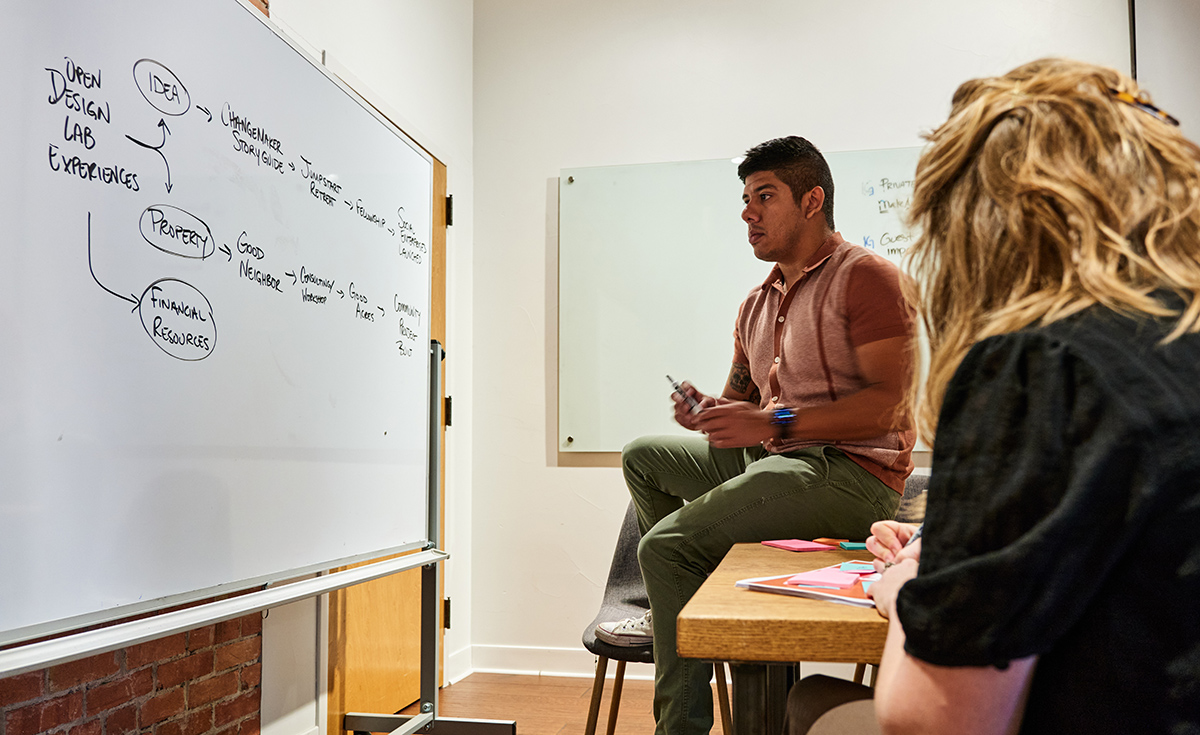
He got to know Woolsey through the partnership. Once The Impact Guild’s building opened, he worked upstairs in the church offices, with Woolsey downstairs running the operation. When the pandemic sent church services online and The Park needed fewer pastors, Villarreal joined Woolsey’s staff full time.
The two have deep experience in the church world and speak the language, Villarreal said, but not being on a church staff enables them to operate as a more nimble, agile organization.
Hopkins, of RootedGood, said that what Woolsey and Villarreal are doing is “something for us to watch.”
“We’re going to see with frequency in the next five to 10 years billions of dollars of assets from churches that are closing or being sold,” Hopkins said. “There’s this window of opportunity for churches to re-imagine why they exist and to serve their communities in different ways.”
Shifting from doing to teaching
Over time, Woolsey and Villarreal began to see their mission more broadly. What if the building and co-working space weren’t the final goal but a pilot project for a larger effort?
To this end, they created resources and programs to share their knowledge. Good Neighbor, a field guide for community engagement, was co-written with Elizabeth Coffee, a founding member and board member of The Impact Guild.
The Toolkit offers a suite of courses and resources, and the Make Good Fellowship is a three-month accelerator for faith-based social entrepreneurs licensed from RootedGood.
The most recent addition to the offerings is Good Acres, a program to empower churches to transform underutilized property for community good.
The next step was to help a church execute a project.
Transforming a parking lot back into paradise
Meanwhile, Lowry and fellow leaders at Sunset Ridge were still grappling with how to revitalize their congregation and underused real estate assets.
“We were asking questions and wondering, What is God calling us to do with all this?” Lowry said.
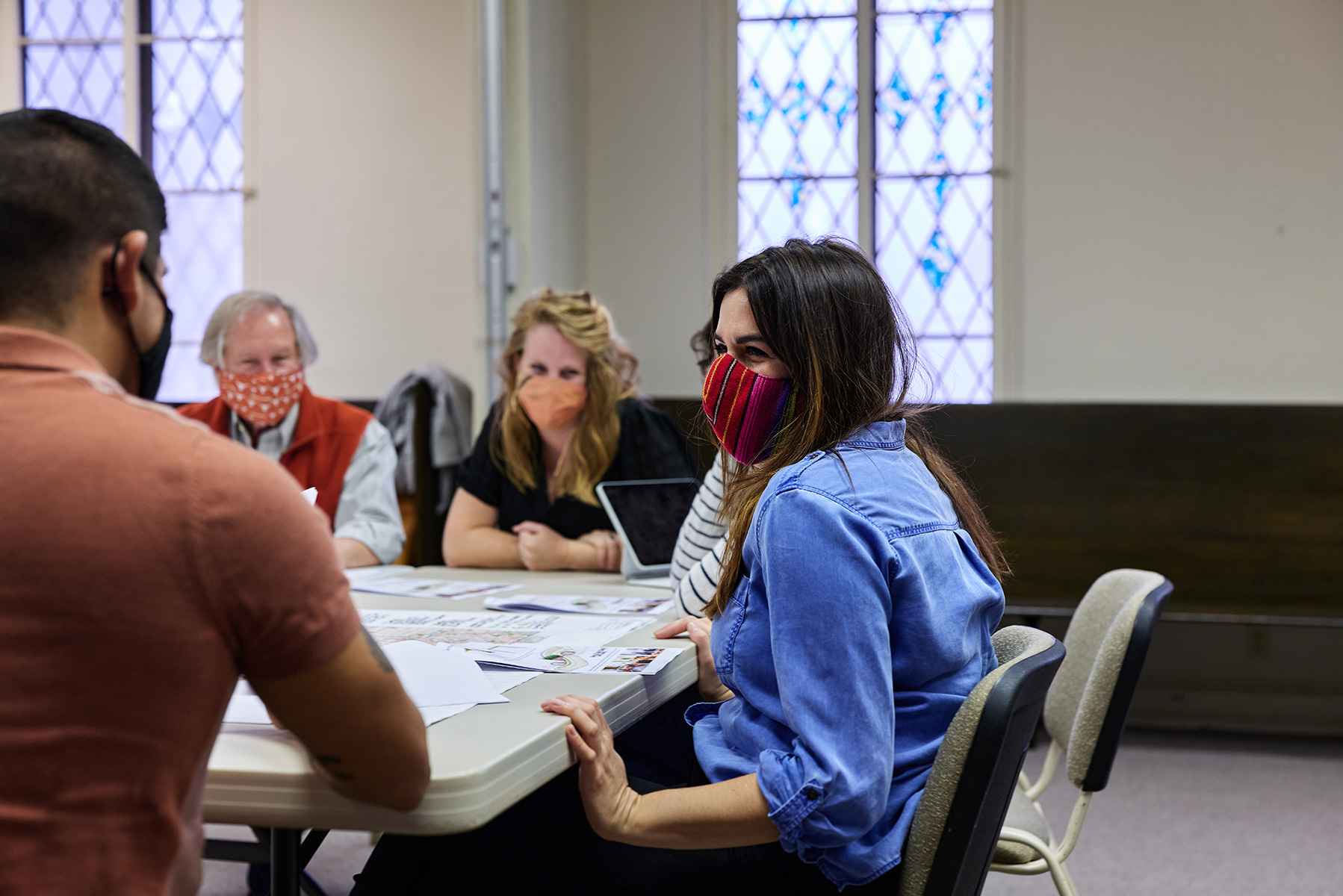
With help from 30 congregants plus consultants from Abilene Christian University, they assembled a vision team to contemplate. Lowry and her team began using Impact Guild resources, and a few months after the vision team concluded, she and two colleagues started the Make Good Fellowship.
Through working with The Impact Guild, Villarreal said, Sunset Ridge began to see the possibilities of having not just an expression of ministry but a vision of wider philanthropy for their neighborhood.
“I’ve been incredibly encouraged to see them really change their mindset,” he said. “From ‘How do we continue to survive as a church and grow membership and thus grow the tithe money?’ to ‘What is the right thing to do for our neighbors, and how do we do this in collaboration with our neighborhood?’”
The fellowship process sparked some exciting ideas. What if they created their own co-working space? What if they transformed their overflow parking lot into green space? The church got weekly requests for weddings in its historic stone chapel. What if they restored it to its former glory and used it to train underresourced women in the wedding industry?
To explore options, Lowry’s team did asset mapping, a creative exercise for seeing the resources in a local community and minimizing the likelihood of duplication of or competition with something that already exists.
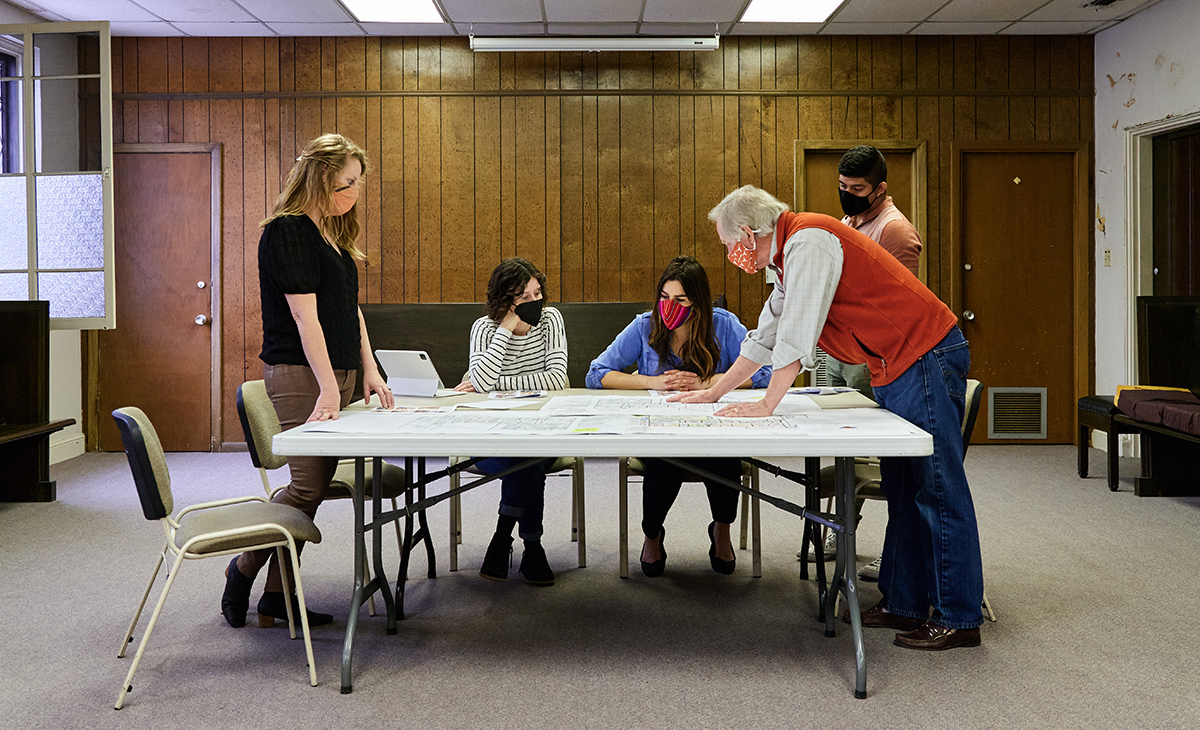
The church is in Terrell Heights, an eclectic area tucked within a very wealthy Zip code and dotted with modest midcentury ranch homes and several apartment buildings and well-supported small businesses.
When they looked at the neighborhood, Sunset Ridge members determined that there was already a playscape and community garden but no green space — something that might benefit the next-door apartment dwellers in particular.
While ideas such as the wedding chapel/training program would align the church’s resource model and financial model with their mission — an Impact Guild core teaching — they realized that it would be too time consuming and expensive to pursue right away. The other ambitious projects also would take time and energy to bring to fruition.
Eventually, they focused on creating a co-working space out of their administrative building — which would bring in revenue — and creating a lush park in the overflow lot. But that project still would be complicated, involving workshops to gain diverse input, a capital campaign and other steps.
The Impact Guild could help with that as well. Beyond developing ideas, their consulting work extends to designing and building projects, including liaising with landscape architects, engineers and technical real estate experts to bring them to fruition.
As a small nonprofit without outside funding, The Impact Guild has to charge for its work. However, they’re exploring how they could attain capital to launch projects in parts of the city that need this level of investment and might have fewer resources to contribute, Woolsey said.
Lowry now laughs at how many of her plans and timelines went out the window, while other, unexpected developments took her in the right direction.
Early in the pandemic, a church member turned a small patch of grass on the church grounds into a wildflower garden.
“It became a source of beauty and representative of the hope we all shared — that with small, faithful, daily work, we could begin to realize the dream we felt God planted in each of us: a place of flourishing for all people,” Lowry said.
Then, last summer, a neighbor who didn’t yet know about the park idea contacted Lowry about renting space for a coffee truck in the parking lot. Knowing there were no coffee shops within walking distance, Lowry said yes.
Rose Hip Coffee set up its trailer and small tables in the parking lot this fall, and it’s already become a neighborhood gathering place, with daily regulars. Lowry said she’s met more neighbors there than in the previous eight years at the church.
“In Christian leadership, we have these big pictures in our head, and we want to be the person who does this great big thing,” she said. “As we went through the fellowship, we realized that God was calling us to something very small.”
This “small” thing, she said, turned out to be doing relationship work in the neighborhood to create a community space and transform a large, unnecessary piece of asphalt back into nature.
What big issues can your church address by starting small?
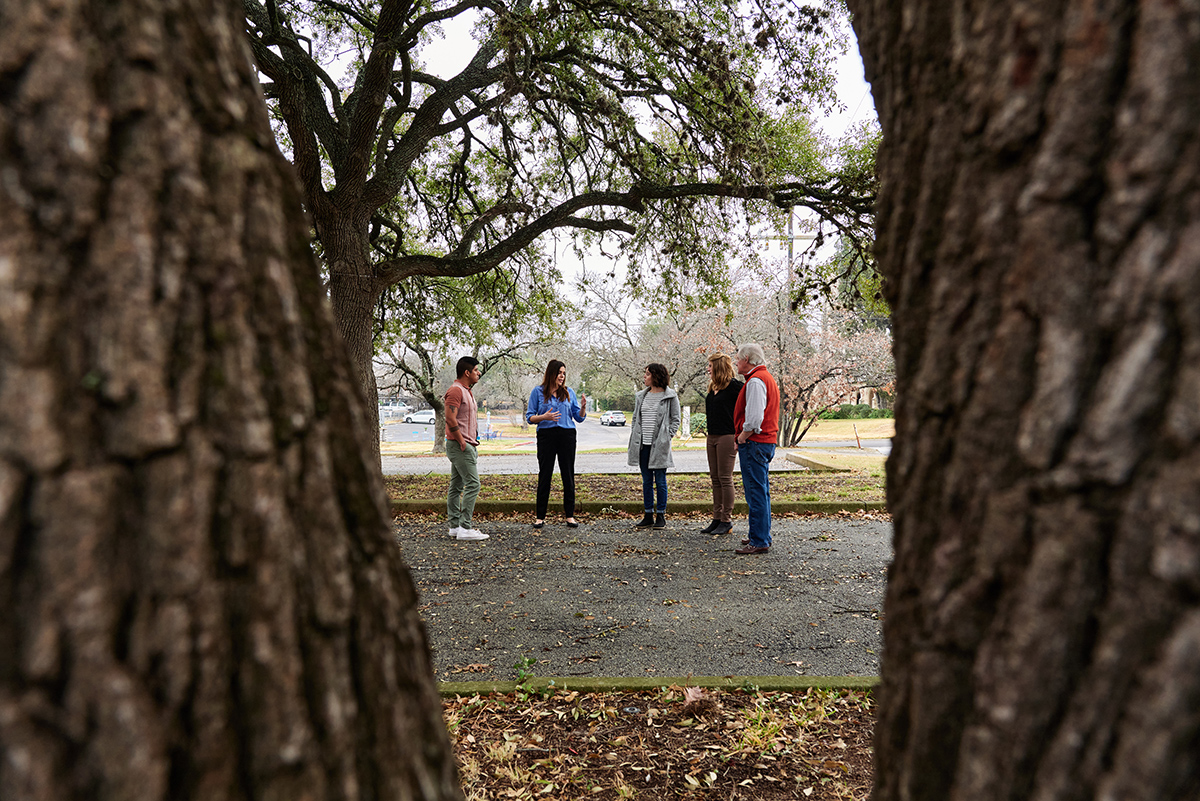
The environmental benefit of the park was compelling to Kate Jaceldo, who’s lived down the road from Sunset Ridge for 20 years. While she was always aware of the church’s presence, she had never been inside.
Jaceldo, who co-owns Compost Queens, a compost recycling program, knew Woolsey as a member of The Impact Guild co-working space. And even though she’s not a congregant, Jaceldo helped organize a letter-writing campaign to the city advocating for a code change. She then joined the committee that put together the request for proposals for the park’s landscape architects.
“By creating a gathering space and developing programming that will include the whole community, … I think more relationships will be able to develop and flourish,” Jaceldo said.
Villarreal said involving neighbors such as Jaceldo in the process is crucial.
“If the only people invited to this process is the church, then you’re just doing church by a different name,” he said. “If you want it to be long-term sustainable, there needs to be community ownership and rethinking what it means to have investors in your project.”
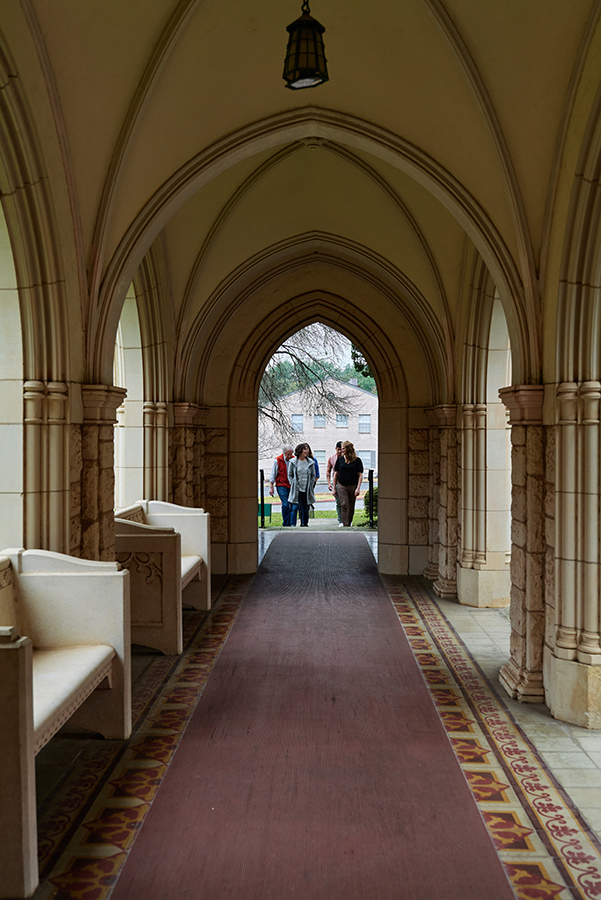
Starting small to make a big impact
A crucial principle for Christian leaders, Woolsey said, is prototyping and starting small. This gets something in motion sooner and creates an opportunity to make incremental changes with feedback. She often sees leaders set out a 10-year vision, she said, then get stalemated when they think nothing will happen until they reach that endpoint.
That’s because the process of developing and building a project is itself an opportunity for relationship building. In other words, the work starts when the project starts — not when it’s finished and wrapped with a shiny bow.
“Sarah helped us reframe and remember that all of these things are really about bringing assets and building relationships for the neighborhood, and we can start that today by getting to know the neighbors,” Lowry said.
In November, Lowry became the pastoral leader of the new missional community planted within Sunset Ridge called Charis Collective. She commends her church elders’ bravery for allowing her to forge ahead in this new role, where she leads a community of around 30 worshippers and focuses on community-based projects.
Lowry says she can’t imagine juggling these projects while maintaining her prior ministry job, and she recommends that other faith leaders be aware of the time commitment they can take. Like Woolsey, she appreciates that her church recognizes the effort it takes to do something new. As of now, the park and co-working projects are moving forward and will open in 2023, and the chapel project will get underway at a later date.
And as another small gesture to its neighbors, Sunset Ridge recently fixed the lighting on the historic chapel’s tall window.
“We now light the window every single night as another beacon of beauty and hope in the neighborhood,” Lowry said.
“Each day we get to know one more face and one more name and are grateful to get to meet God where God is already at work in our neighborhood.”
Who else in your community shares your concerns and dreams for a new way forward?
Questions to consider
- Where is God already at work in your neighborhood?
- Does your organization’s property add value to your community?
- In what ways is your church a “silent investor” in local initiatives?
- What big issues can your church address by starting small?
- Who else in your community shares your concerns and dreams for a new way forward?

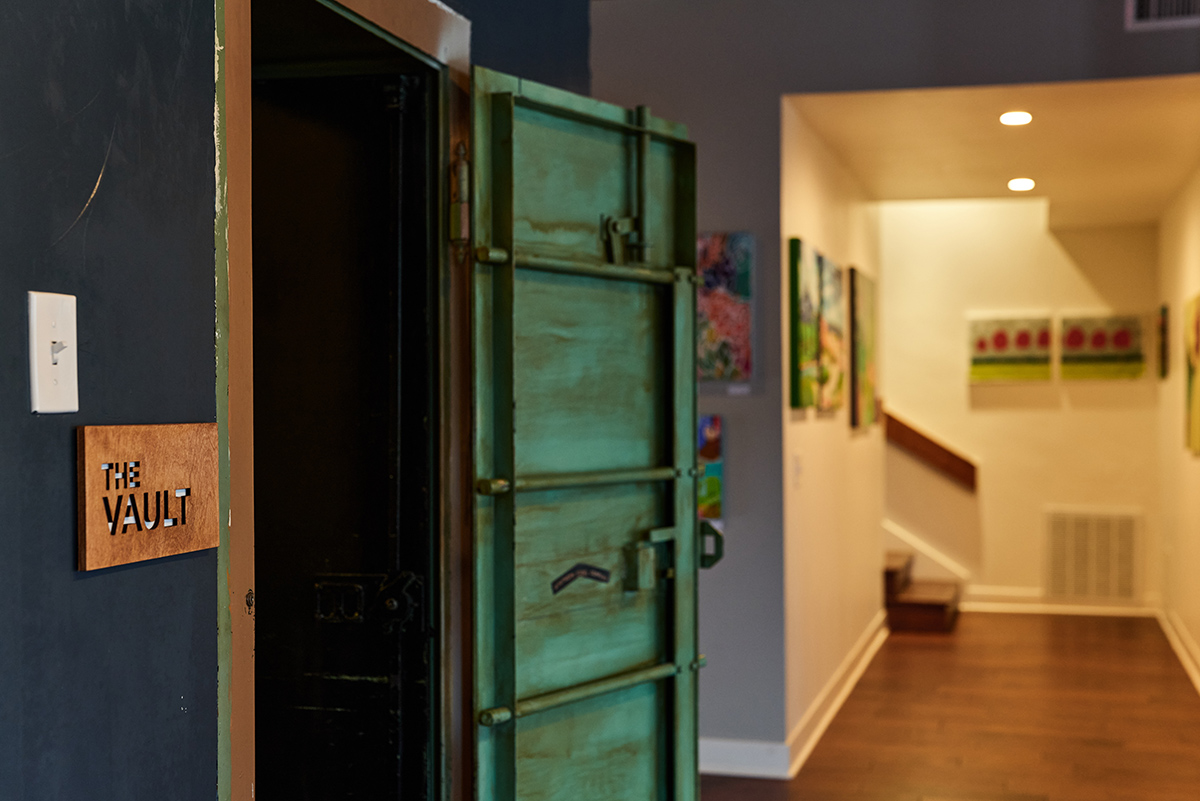
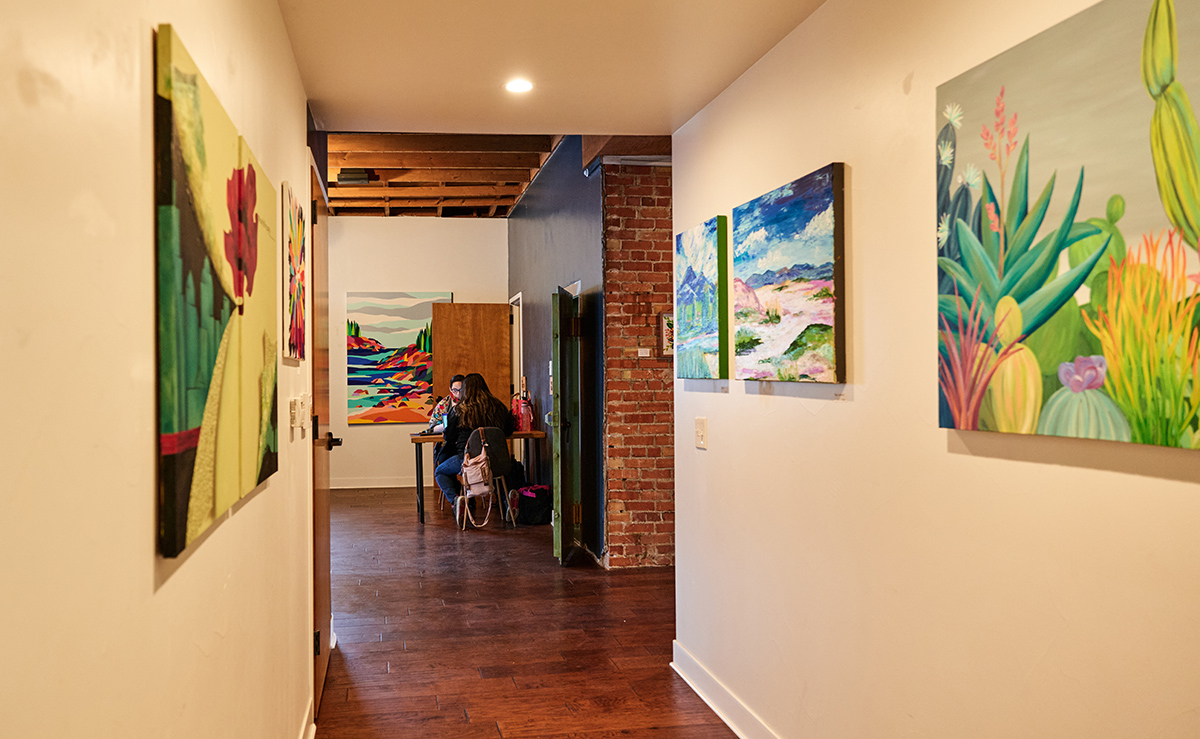
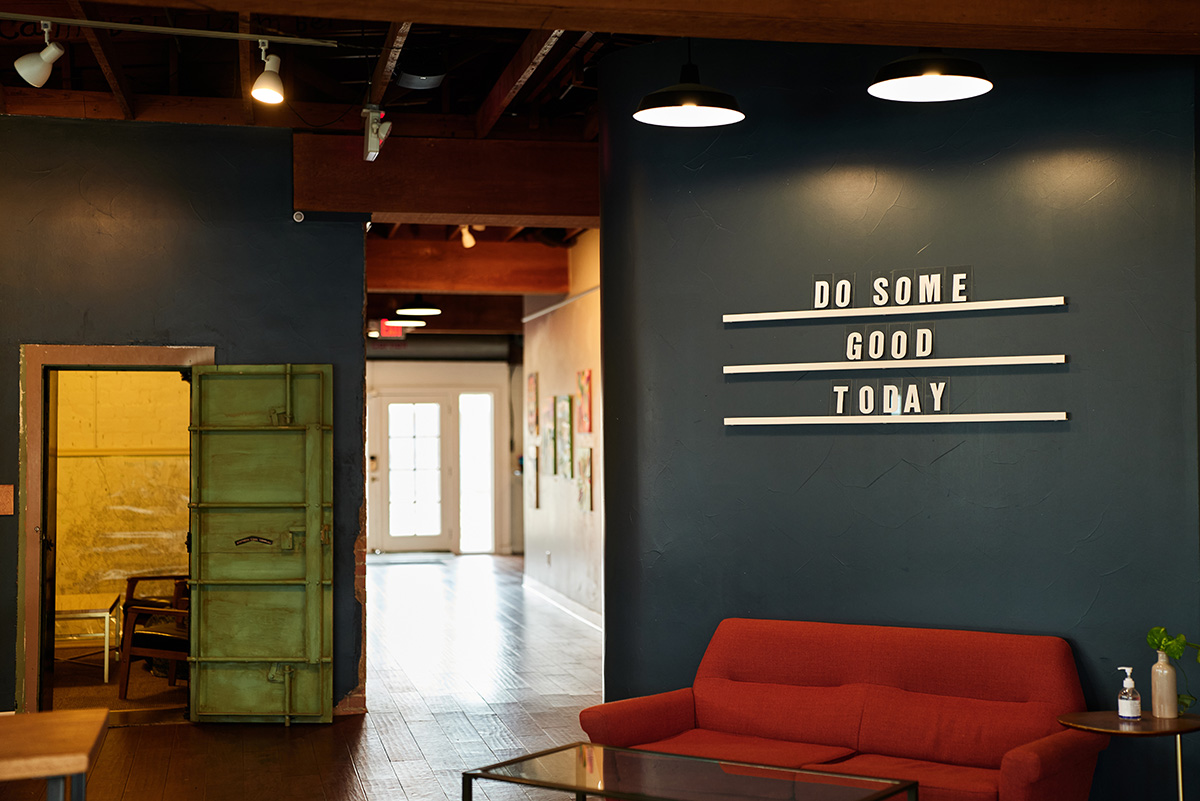
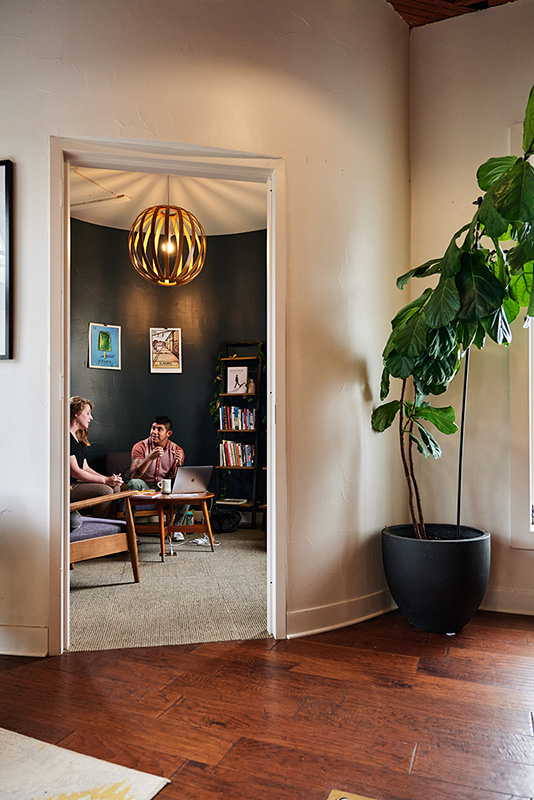
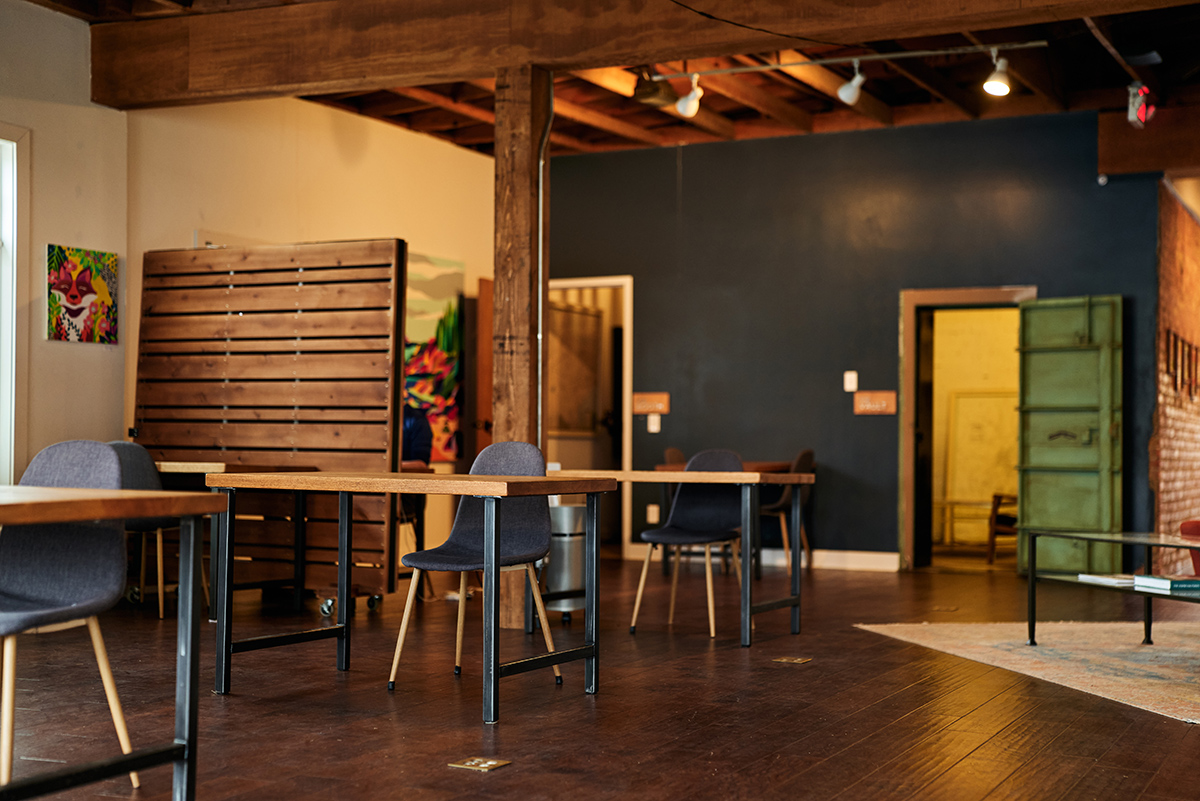
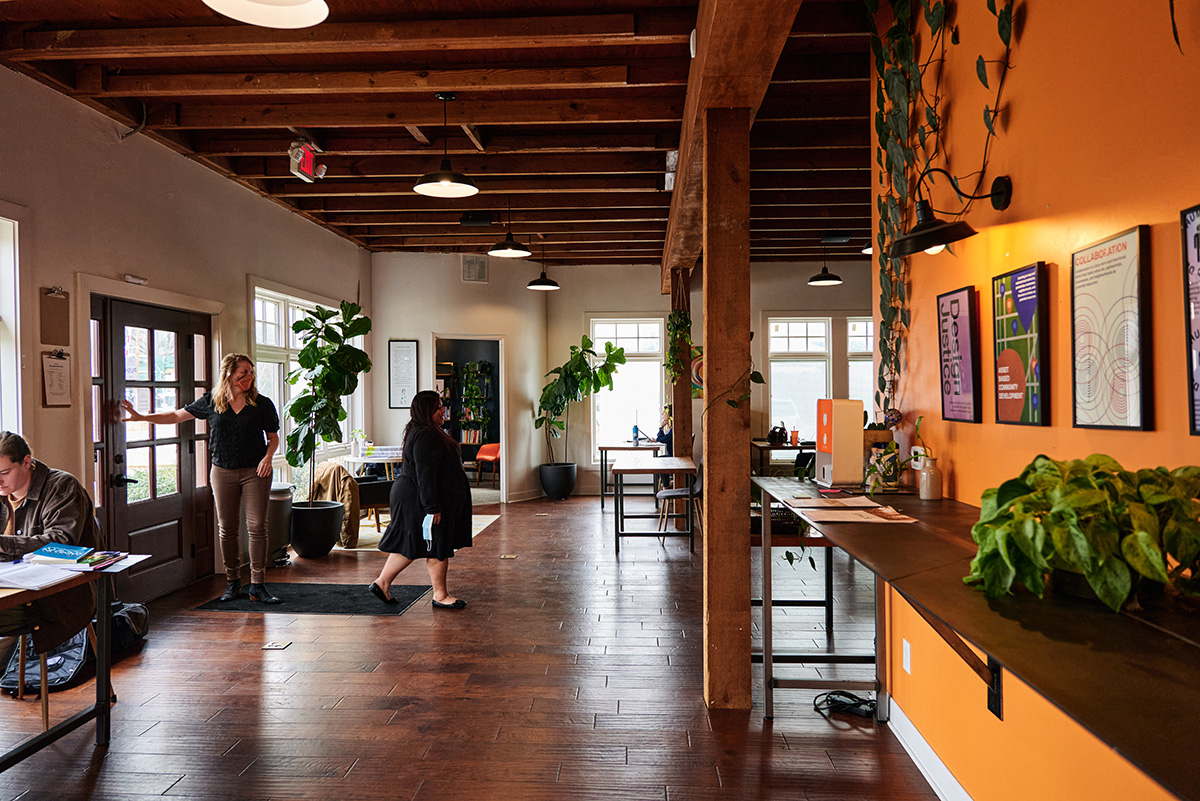
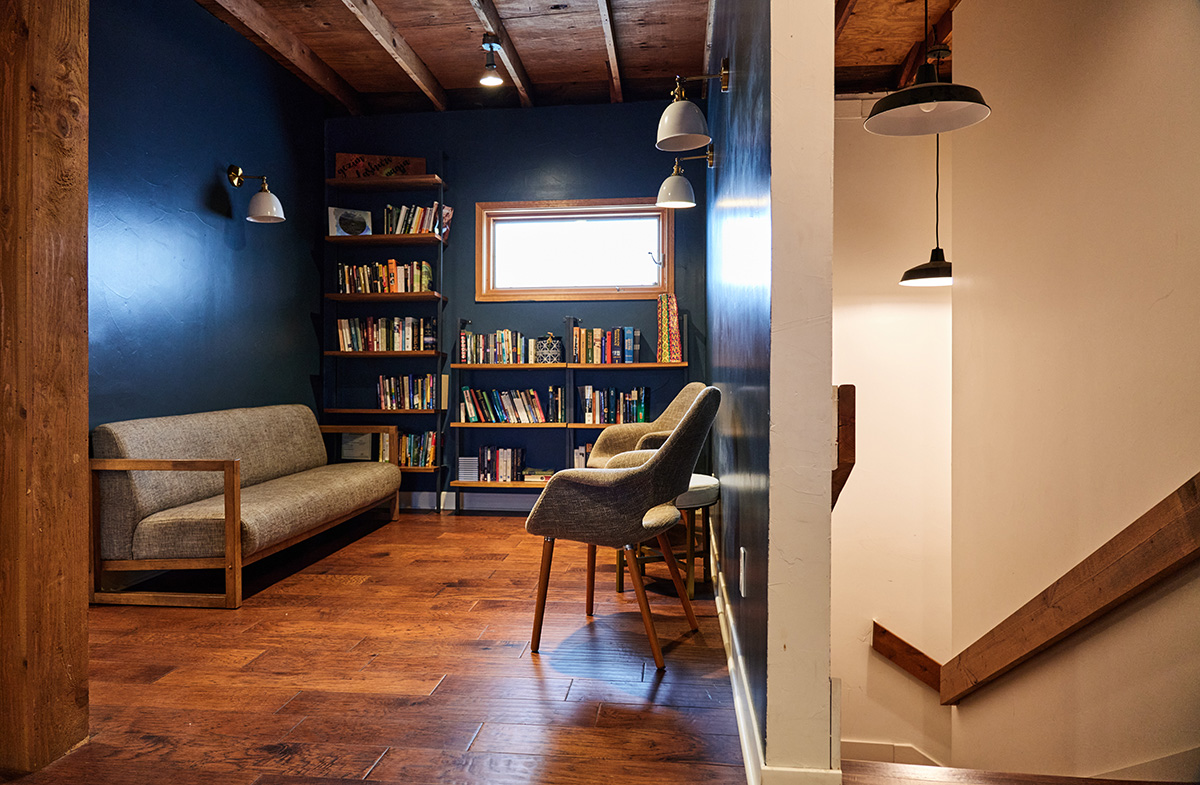


Share